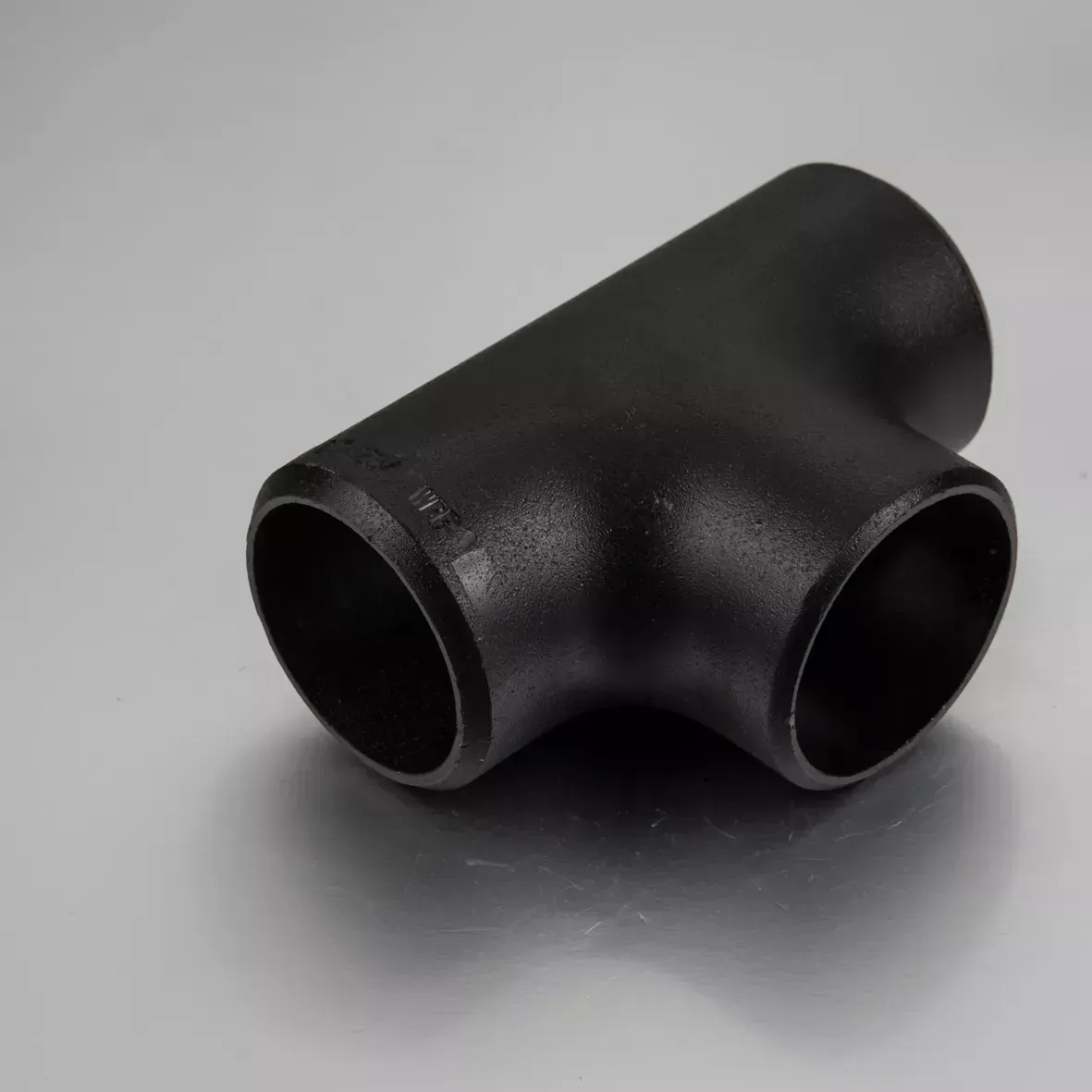-
Cangzhou Yulong Steel Co., Ltd.
-
Phone:
+86 13303177267 -
Email:
admin@ylsteelfittings.com
- English
- Arabic
- Italian
- Spanish
- Portuguese
- German
- kazakh
- Persian
- Greek
- French
- Russian
- Polish
- Thai
- Indonesian
- Vietnamese
- Zulu
- Korean
- Uzbek
- Hindi
- Serbian
- Malay
- Ukrainian
- Gujarati
- Haitian Creole
- hausa
- hawaiian
- Hebrew
- Miao
- Hungarian
- Icelandic
- igbo
- irish
- Japanese
- Javanese
- Kannada
- Khmer
- Rwandese
- Afrikaans
- Albanian
- Amharic
- Armenian
- Azerbaijani
- Basque
- Belarusian
- Bengali
- Bosnian
- Bulgarian
- Catalan
- Cebuano
- China
- China (Taiwan)
- Corsican
- Croatian
- Czech
- Danish
- Esperanto
- Estonian
- Finnish
- Frisian
- Galician
- Georgian
- Kurdish
- Kyrgyz
- Lao
- Latin
- Latvian
- Lithuanian
- Luxembourgish
- Macedonian
- Malgashi
- Malayalam
- Maltese
- Maori
- Marathi
- Mongolian
- Myanmar
- Nepali
- Norwegian
- Norwegian
- Occitan
- Pashto
- Dutch
- Punjabi
- Romanian
- Samoan
- Scottish Gaelic
- Sesotho
- Shona
- Sindhi
- Sinhala
- Slovak
- Slovenian
- Somali
- Sundanese
- Swahili
- Swedish
- Tagalog
- Tajik
- Tamil
- Tatar
- Telugu
- Turkish
- Turkmen
- Urdu
- Uighur
- Welsh
- Bantu
- Yiddish
- Yoruba

Dec . 31, 2024 16:16 Back to list
Welding Techniques for Tee Fittings in Piping Systems and Applications
Understanding Weld Tee Fittings A Comprehensive Overview
Weld tee fittings are essential components in piping systems, widely used across various industries such as oil and gas, water treatment, chemical processing, and construction. These fittings play a crucial role in connecting different pipes, allowing for the redirection of fluid flow, which is essential for efficiency and functionality in any piping network. This article delves into the details of weld tee fittings, their benefits, uses, and how they are manufactured.
What Are Weld Tee Fittings?
Weld tee fittings are specialized pipe fittings that form a T-shape, enabling the branching of a pipeline. They feature three connection points one main pipe inlet and two outlets. This design allows for the seamless integration of pipes at a 90-degree angle, promoting smooth fluid flow with minimal resistance. Typically made from robust materials such as stainless steel, carbon steel, or alloy steel, these fittings are designed to withstand high pressures and corrosive environments.
Benefits of Using Weld Tee Fittings
1. Strength and Durability One of the primary advantages of weld tee fittings is their ability to create strong, leak-proof connections. The welding process ensures that the fittings are securely attached to the pipes, reducing the risk of leaks and minimizing the likelihood of failure under pressure.
2. Versatility Weld tees are versatile and can be used in a variety of applications, including gas lines, water supply systems, and chemical processing plants. Their ability to branch off from the main pipeline makes them suitable for applications requiring multiple directions of flow.
3. Reduced Flow Resistance Compared to other types of fittings, such as elbows or threaded fittings, weld tee fittings offer lower flow resistance. This characteristic helps maintain the efficiency of the piping system by minimizing energy losses.
weld tee fittings

4. Customizable Weld tee fittings can be customized to meet specific project requirements. Various sizes and materials are available, allowing engineers and designers to select the appropriate fitting for their particular application.
Manufacturing Process
The production of weld tee fittings involves several critical steps. First, raw materials are selected based on the required specifications. The materials are then cut, shaped, and formed into the desired tee shape. Typically, a high-temperature operation is employed to ensure the parts are welded together adequately. The welding process can vary, with options such as TIG (Tungsten Inert Gas), MIG (Metal Inert Gas), or submerged arc welding being common choices.
Once welded, the fittings undergo quality control measures to ensure they meet industry standards and specifications. This process often includes testing for dimensional accuracy, pressure testing, and surface finish assessments. Only after passing these tests are the weld tee fittings deemed ready for distribution.
Applications of Weld Tee Fittings
Weld tee fittings are ubiquitous in various applications. In the oil and gas industry, they are used to create complex piping arrangements that transport hydrocarbons safely. In the water treatment sector, they facilitate the distribution of clean water through extensive piping networks. Additionally, in construction projects, these fittings are often found in HVAC systems, plumbing, and fire suppression systems, enhancing their utility across multiple disciplines.
Conclusion
In summary, weld tee fittings are integral components of modern piping systems. Their robustness, versatility, and efficiency make them an ideal choice for diverse applications. Understanding their function and manufacturing process helps engineers and procurement specialists make informed decisions when selecting the appropriate fittings for their projects. As industries continue to evolve, the demand for reliable and efficient piping solutions, such as weld tee fittings, will undoubtedly grow, underscoring their significance in engineering and construction.
Latest news
-
ANSI 150P SS304 SO FLANGE
NewsFeb.14,2025
-
ASTM A333GR6 STEEL PIPE
NewsJan.20,2025
-
ANSI B16.5 WELDING NECK FLANGE
NewsJan.15,2026
-
ANSI B16.5 SLIP-ON FLANGE
NewsApr.19,2024
-
SABS 1123 FLANGE
NewsJan.15,2025
-
DIN86044 PLATE FLANGE
NewsApr.19,2024
-
DIN2527 BLIND FLANGE
NewsApr.12,2024
-
JIS B2311 Butt-Welding Fittings LR/SR 45°/90° /180°Seamless/Weld
NewsApr.23,2024











